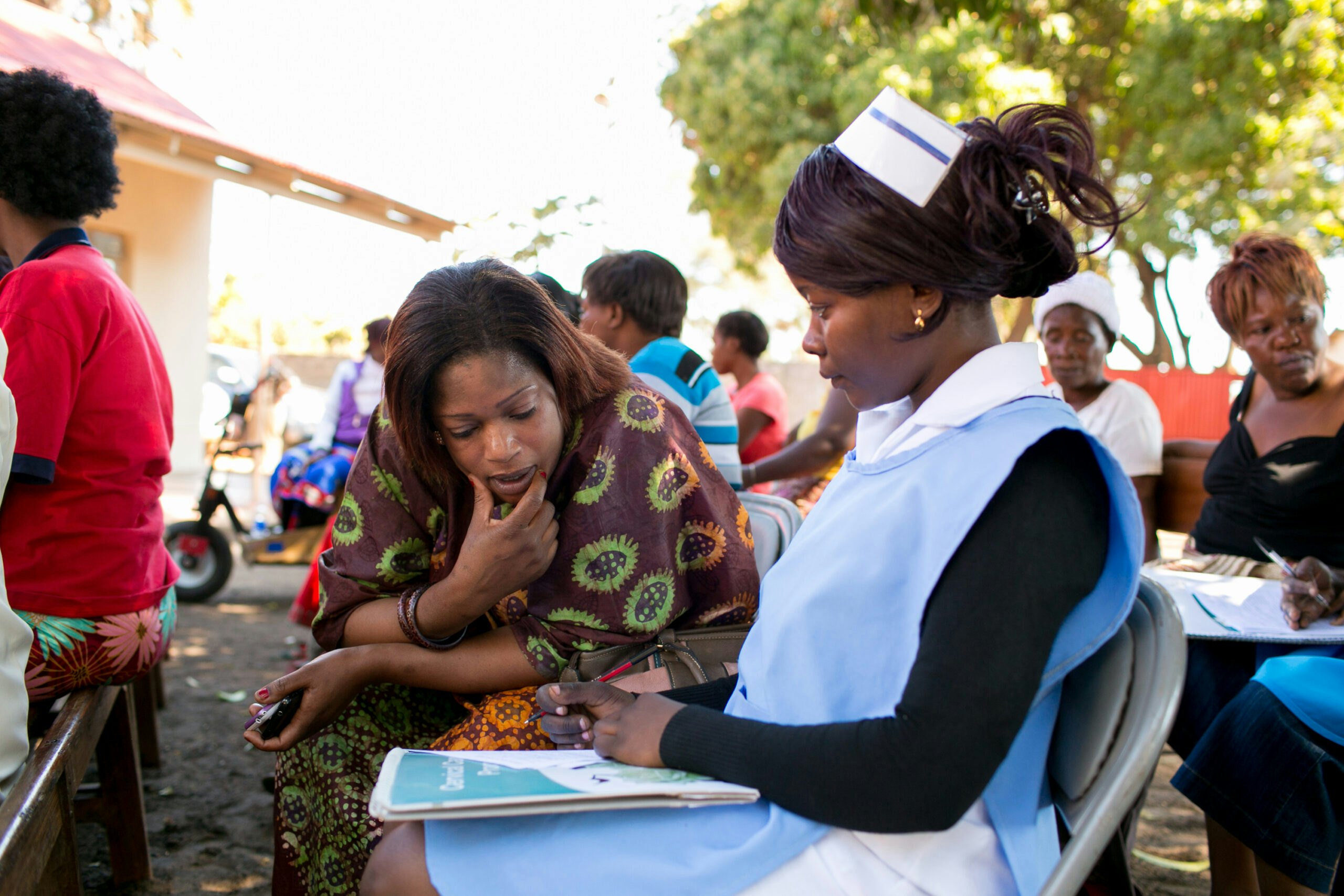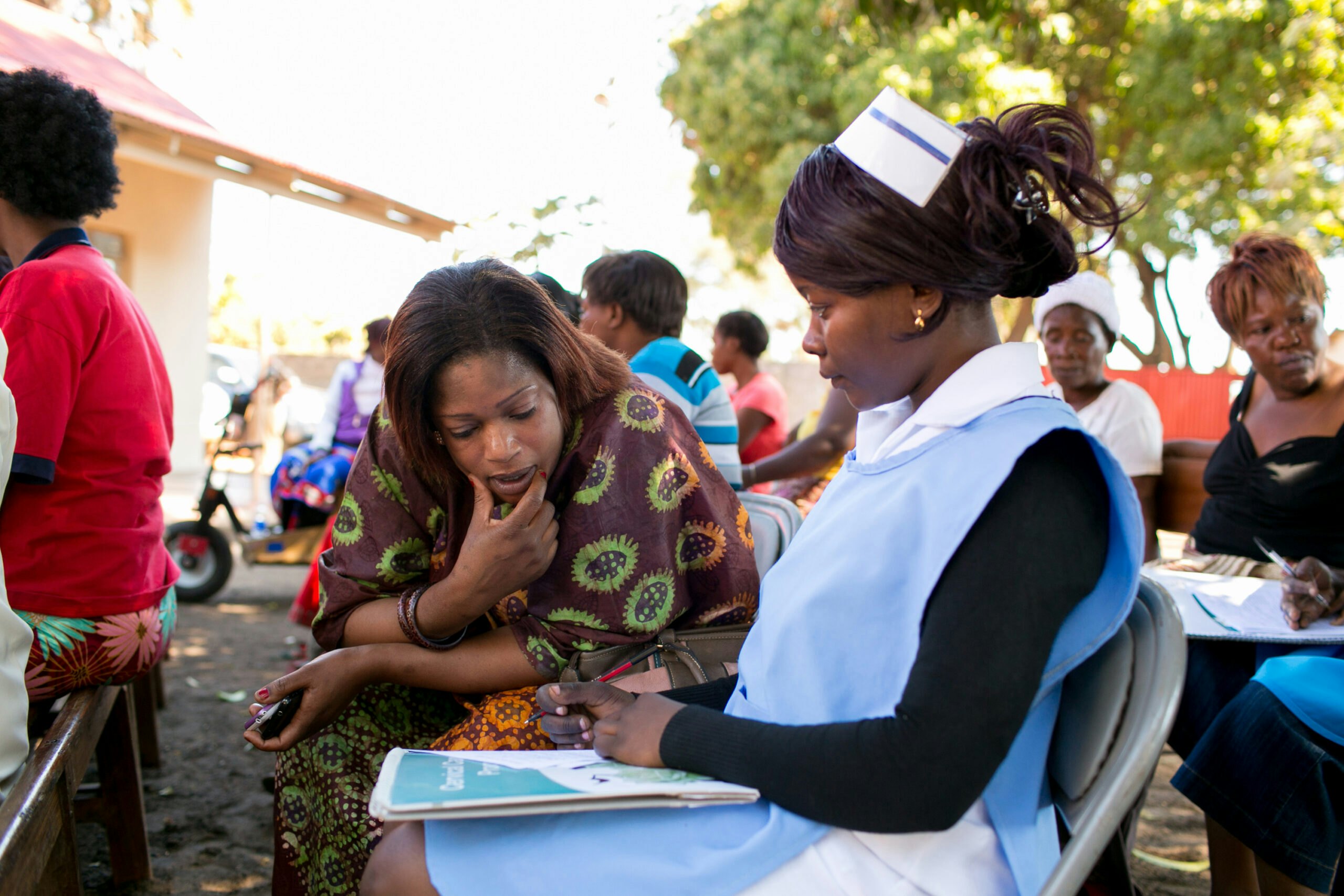Deborah L. Birx, M.D., has spent her career serving the United States, first as an Army Colonel and later, running some of the most high-profile and influential programs at the U.S. Centers for Disease Control and Prevention and U.S. Department of State. As a world renowned medical expert and leader, she has focused her work on clinical and basic immunology, infectious disease, pandemic preparedness, vaccine research, and global health. Most recently, Dr. Birx served as the White House Coronavirus Response Coordinator, where she used complex data integration to drive decision making, and worked closely with state officials across the country to provide state-specific advice and guidance. In 2014, Dr. Birx became an Ambassador-at-Large, when she assumed the role of the Coordinator of the United States Government Activities to Combat HIV/AIDS and U.S. Special Representative for Global Health Diplomacy. As the U.S. Global AIDS Coordinator, she oversaw the U.S. President’s Emergency Plan for AIDS Relief (PEPFAR), the largest commitment by any nation to combat a single disease in history, as well as all U.S. Government engagement with the Global Fund to Fight AIDS, Tuberculosis and Malaria.
In 1985, Dr. Birx began her career with the Department of Defense (DoD) as a military trained clinician in immunology, focusing on HIV/AIDS vaccine research. Through her professionalism and leadership in the field, she progressed to serve as the Director of the U.S. Military HIV Research Program (USMHRP) at the Walter Reed Army Institute of Research from 1996-2005. Dr. Birx led RV 144, or the Thai trial, one of the most influential HIV vaccine trials in history, which provided the first supporting evidence of any vaccine’s potential effectiveness in preventing HIV infection. During this time, she also rose to the rank of Colonel, bringing together the Navy, Army, and Air Force in a new model of cooperation — increasing the efficiency and effectiveness of the U.S. Military’s HIV/AIDS efforts through inter- and intra-agency collaboration. Then known as Colonel Birx, she was awarded two prestigious U.S. Meritorious Service Medals and the Legion of Merit Award for her groundbreaking research, leadership and management skills.
From 2005-2014, Dr. Birx served successfully as the Director of CDC’s Division of Global HIV/AIDS (DGHA), where she utilized her leadership qualities, superior technical skills, and infectious passion to achieve tremendous public health impact. As DGHA Director, she led the implementation of CDC’s PEPFAR programs around the world and managed an annual budget of more than $1.5 billion. Dr. Birx was responsible for all of the agency’s global HIV/AIDS activities, including to the oversight of more than 1900 staff, and more than 50 country and regional offices in Africa, Asia, Caribbean, and Latin America. In 2011, Dr. Birx received a Lifetime Achievement Award from the African Society for Laboratory Medicine for her distinguished and dedicated commitment to building local capacity and strengthening quality laboratory health services and systems in Africa. In 2014, CDC honored her leadership in advancing the agency’s HIV/AIDS response with the highly prestigious William C. Watson, Jr. Medal of Excellence.
Dr. Birx is known for driving implementation improvements to increase impact and has spent a career increasing overall effectiveness of programs through change management. Dr. Birx has published over 230 manuscripts in peer-reviewed journals, authored nearly a dozen chapters in scientific publications, and has developed and patented vaccines. She received her medical degree from the Hershey School of Medicine, Pennsylvania State University, and she trained in internal medicine and basic and clinical immunology at the Walter Reed Army Medical Center and the National Institutes of Health. Dr. Birx is board certified in internal medicine, allergy and immunology, and diagnostic and clinical laboratory immunology.










